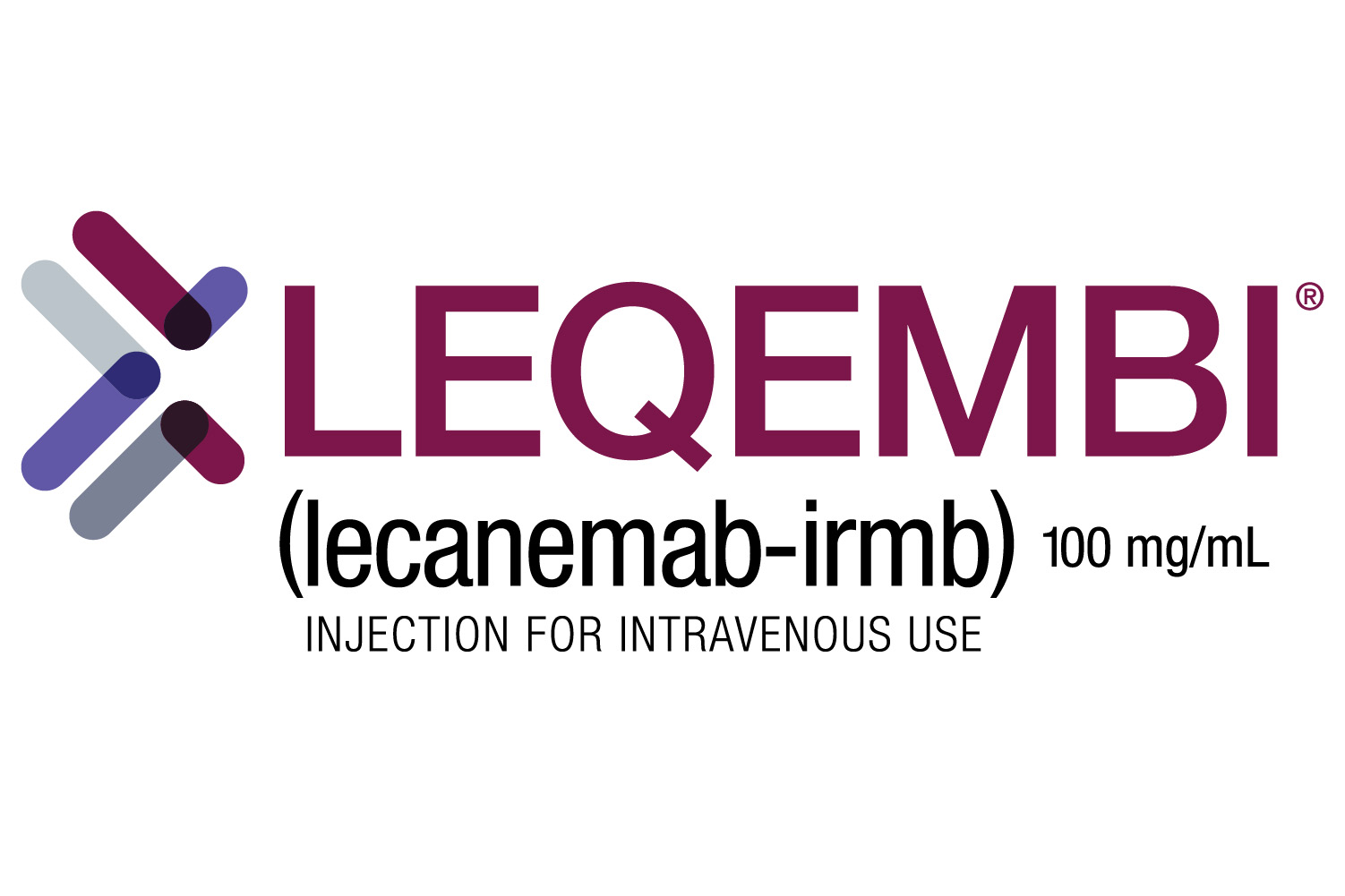TOKYO and CAMBRIDGE, Mass., April 15, 2025 (GLOBE NEWSWIRE) — Eisai Co., Ltd. and Biogen Inc. (Nasdaq: BIIB) announced today that the European Commission (EC) has granted the amyloid-beta (Aβ) monoclonal antibody Leqembi® (lecanemab) Marketing Authorization (MA) in the European Union (EU). This makes the medicine the first therapy that targets an underlying cause of Alzheimer’s disease (AD) to be granted a MA in the EU.1,2
One Approval, 30 Countries
Lecanemab is indicated for the treatment of adult patients with a clinical diagnosis of mild cognitive impairment (MCI) and mild dementia due to AD (early AD) who are apolipoprotein E ε4 (ApoE ε4*) non-carriers or heterozygotes with confirmed amyloid pathology.1 The lecanemab MA applies to all 27 EU Member States as well as Iceland, Liechtenstein, and Norway.3
Lecanemab is the only approved Aβ monoclonal antibody that preferentially binds and clears toxic protofibrils** (soluble Aβ aggregates), in addition to targeting and reducing Aβ plaques (insoluble Aβ aggregates).1,2,4-7 Protofibrils are a key toxic form of Aβ that accumulate in the brain and cause neuronal injury.4–10
Europe’s First Treatment for Early Alzheimer’s
MCI due to AD and AD dementia currently affects an estimated 15.2 million and 6.9 million people in Europe, respectively.11 AD progresses in stages that increase in severity over time, and each stage of the disease presents different challenges for those living with AD and their care partners. There is a significant unmet need for new treatment options that slow down the progression of AD from its early stage and reduce the overall burden on people affected by AD and society.
“Today’s decision makes lecanemab the first treatment option in the EU that can slow the progression of early Alzheimer’s disease. We are proud that our about 40-year heritage in dementia has led to this important milestone, as we aim to be part of the solution for a better future for those impacted by this disease globally,” said Haruo Naito, Chief Executive Officer at Eisai. “Eisai is working collaboratively with national reimbursement authorities and healthcare providers to support access for those eligible for lecanemab as soon as possible, aiming to make an impact not only on patients but also on their caregiving families and society in the EU.”
“The approval of lecanemab by the European Commission marks the thirteenth approval of this important medicine, which has already benefitted thousands of patients in the United States, Japan and other regions of the world,” said Christopher A. Viehbacher, President and Chief Executive Officer at Biogen. “Lecanemab is the first treatment which showed that the reduction of the Aβ plaques in the brain is associated with the slowing of cognitive decline in patients at the early stage of the disease. This is a landmark advancement in a field where there has been no or little innovation in the past 20 years.”
Eisai serves as the lead for lecanemab’s development and regulatory submissions globally with both Eisai and Biogen co-commercializing and co-promoting the product and Eisai having final decision-making authority. In the EU (excluding the Nordic countries), Eisai and Biogen will co-promote the medicine, with Eisai distributing the product as the MA Holder. In the Nordic countries, Eisai and BioArctic will co-promote the medicine, with Eisai distributing the product as MA Holder.
Please Note:
* Apolipoprotein E is a protein involved in the metabolism of lipid in humans. It is implicated in AD. People with only one (heterozygous) or no copy (non-carriers) of the ApoE ε4 gene are less likely to experience ARIA than people with two ApoE ε4 copies (homozygous).2 ARIA is a recognized important side effect with lecanemab that involves swelling and potential bleeding in the brain.1,2
** Protofibrils are believed to contribute to the brain injury that occurs with AD and are considered to be the most toxic form of Aβ, having a primary role in the cognitive decline of this progressive, debilitating condition.7 Protofibrils cause injury to neurons in the brain which, in turn, can negatively impact cognitive function via multiple mechanisms,7 not only increasing the development of insoluble Aβ plaques but also increasing direct damage to brain cell membranes and the connections that transmit signals between nerve cells or nerve cells and other cells.8 It is believed the reduction of protofibrils may slow the progression of AD by reducing damage to neurons in the brain and cognitive dysfunction.8
∇: This medicinal product is subject to additional monitoring. This will allow quick identification of new safety information. If you have any side effects, talk to your healthcare professional. This includes any possible side effects not listed in the package leaflet. You can also report side effects directly via your national reporting system. By reporting side effects, you can help provide more information on the safety of this medicine.











